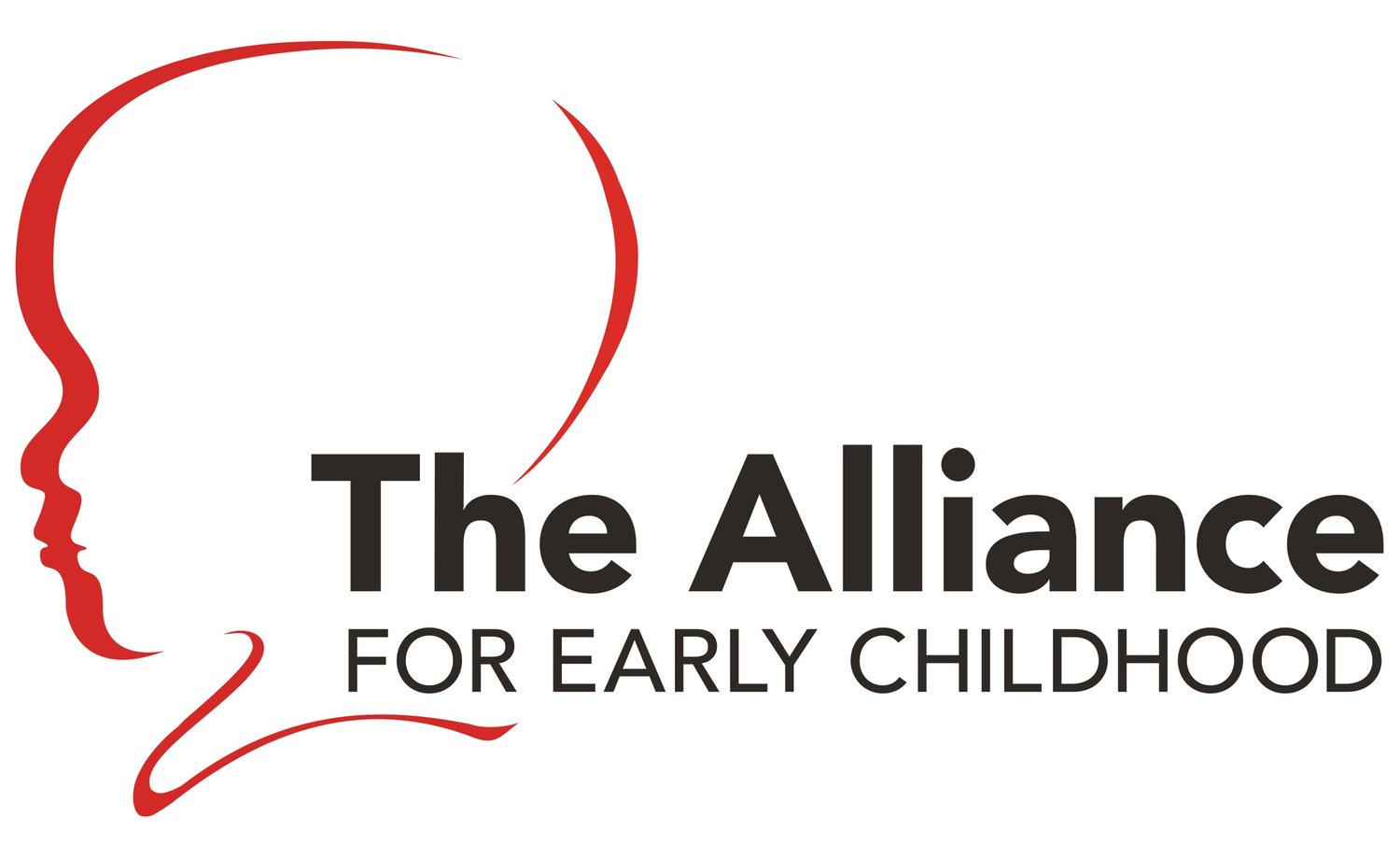Playful Parenting: Why Roughhousing is Vital for Kids' Growth
Carly Andrews, Executive Director for The Alliance for Early Childhood
The short and pithy book, Unplug and Play, by Dr. Anthony DeBenedet and Lawrence Cohen, Ph.D., details many reasons why rough-and-tumble play is important in children’s development. One of the most significant benefits is that it strengthens the bond between children and their parents, promoting a close connection essential for healthy development. The bold claim of this book is that active, physical play, like roughhousing “makes kids smarter, emotionally intelligent, socially intelligent, ethical, physically fit, and joyful.” So whether you love barrel rolling with your children down a hill or feel uneasy about roughhousing, there is a growing body of evidence pointing to its importance in children’s physical, cognitive, social, emotional, and moral development.
While there is a lot to explore in the research on the impact of rough-and-tumble play on children’s development, here are a few of the many benefits of play noted in the book:
Emotional Intelligence: Roughhousing with parents is an anxiety reliever for children and their parents and restores the nervous system’s balance. It also supports childrens’ growing ability to manage their emotions and accurately read the emotions of others.
Social Intelligence: Roughhousing and other big physical play with parents builds children’s skills in maintaining relationships and repairing disruptions when needed. This social attunement, in addition to practice in turn taking and taking another’s perspective, builds children’s social intelligence.
Ethical and Moral Development: Through rough-and-tumble play with parents, children learn how to hold back when needed, learn that winning isn’t everything, find ways to channel their energy, and have the opportunity to practice consent.
The fascinating first portion of the book details the important benefits on the health, relationships, and cognitive, social, and emotional growth of children, while the second portion provides the inspiration. From Red Tornado to Big Bad Monster, there are a host of illustrated rough-and-tumble play ideas to inspire your next playtime. For those of you with school-aged children, the authors recommend rough-and-tumble play right before a homework session, given the ways play allows children to blow off steam but also play’s propensity to help humans think creatively and flexibly.
There are many opportunities for you to play with your children in the 2024-2025 Let’s Play! season. Please find the registration link here. I hope that you will also join in for the Heart of Parenting Virtual session, Roughhousing and Superhero Play: Why Children Love It and How We Can Support, with Laura Araman in 2025.
